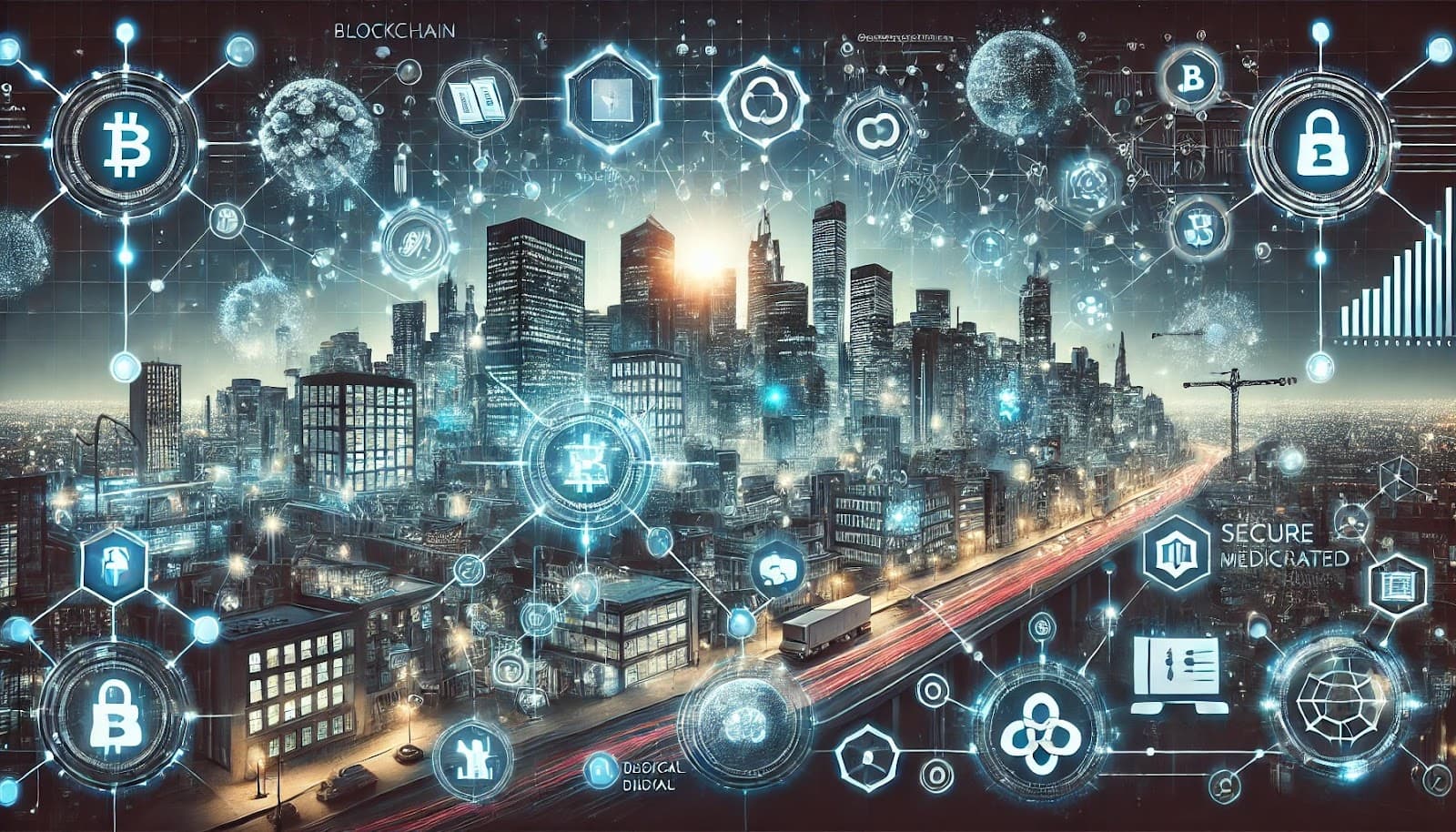Maritime transport is the cornerstone of global trade, moving goods across oceans and facilitating economic growth worldwide. As the industry adopts modern technology, Artificial Intelligence (AI) is emerging as a critical tool for improving efficiency, reducing costs, and promoting sustainability. AI is reshaping maritime logistics, from route optimization and predictive maintenance to autonomous ships and smart ports, creating a more connected and efficient system.
One key development is the use of real-time vessel tracking platforms like Marine Traffic, which employ advanced data analysis to monitor ship movements globally. These platforms, powered by AI, provide insights that allow shipping companies to optimize routes, avoid delays, and reduce fuel consumption. By leveraging real-time data and AI-driven analytics, Marine Traffic helps enhance decision-making and improve overall logistics performance.
Route Planning and Fuel Efficiency
Efficient route planning is a fundamental aspect of maritime logistics, particularly for companies managing large fleets. Traditionally, routes were determined using historical data, weather forecasts, and expert knowledge. However, this often led to inefficiencies such as wasted fuel and delays.
AI has transformed route optimization by analyzing real-time data, including ocean currents, weather conditions, and port congestion, to suggest the most efficient paths. AI systems continuously adjust routes to avoid adverse conditions, reduce fuel consumption, and minimize journey times, all of which lead to significant cost savings and a smaller environmental footprint.
Marine Traffic plays a crucial role by providing real-time updates on vessel positions and traffic conditions. With satellite data and AIS (Automatic Identification System) signals, it offers live tracking and integrates AI-powered analysis to help operators make informed decisions. This allows companies to save fuel, avoid delays, and optimize their logistics.
AI-based route optimization can also adapt mid-voyage, reacting to unexpected changes in conditions such as storms or traffic at ports. These AI systems recommend alternate routes, saving time and ensuring safety, while also analyzing fuel consumption patterns to suggest speed and navigation adjustments that maximize efficiency.
Autonomous Vessels: The Future of Maritime Logistics

Autonomous ships represent the next big leap in AI-driven maritime innovation. These vessels, equipped with AI systems, can navigate and operate with minimal human intervention. Although fully autonomous ships are still in development, AI is already being used to assist crews with navigation and decision-making.
AI-powered systems analyze data from a ship’s sensors and external sources like Marine Traffic to make real-time decisions about speed, route changes, and safety. This reduces the risk of human error, a common cause of maritime accidents. Autonomous vessels will also significantly lower labor costs and improve fuel efficiency by continuously monitoring and adjusting performance based on real-time conditions.
As autonomous ships become more common, platforms like Marine Traffic will be crucial for remote monitoring and coordination. These systems will provide real-time updates on vessel positions and statuses, ensuring the smooth and efficient operation of unmanned vessels.
Predictive Maintenance and Smarter Ports
Another transformative application of AI in maritime logistics is predictive maintenance. Traditionally, ships followed fixed maintenance schedules, which often led to unnecessary repairs or breakdowns at sea. AI enables a shift toward predictive maintenance by using sensor data to predict when equipment will fail, allowing operators to perform maintenance just in time to avoid costly repairs and downtime.
By analyzing real-time data from ship systems, AI can identify wear and tear patterns and forecast the likelihood of failure. This approach minimizes unscheduled downtime, reduces repair costs, and extends the lifespan of ship components. As a result, shipping companies can keep their vessels operational for longer periods while maintaining optimal performance.
In addition to improving ship maintenance, AI is transforming port operations. Smart ports are deploying AI tools to optimize the allocation of resources like cranes and dock space, speeding up cargo handling and reducing turnaround times. By analyzing ship schedules, cargo details, and available resources, AI systems recommend the most efficient ways to process vessels.
For example, AI can predict when a ship will arrive, allowing port operators to allocate resources in advance. When combined with real-time tracking from platforms like Marine Traffic, AI-driven port management helps streamline operations, reduce congestion, and improve overall efficiency.
Overcoming Challenges in AI Integration
Despite the numerous advantages of AI, there are challenges to its widespread adoption in maritime logistics. One of the primary obstacles is the cost of implementing AI technologies, which can be prohibitively expensive for smaller companies. The upfront costs of hardware, software, and staff training can be significant, limiting access to these transformative tools.
Another concern is cybersecurity. AI systems rely on vast amounts of data, making them vulnerable to cyberattacks. Ensuring the security of AI platforms is essential for protecting sensitive information and maintaining the integrity of global shipping operations.
Regulatory hurdles also present challenges, particularly in the development of autonomous ships. International maritime laws will need to evolve to address the risks and responsibilities associated with AI-driven vessels. Governments, industry leaders, and regulatory bodies must collaborate to create a legal framework that supports the safe and ethical use of AI in maritime logistics.
The Future of AI in Maritime Logistics
Despite these challenges, the future of AI in maritime operations is promising. AI has already made a significant impact, improving efficiency, reducing costs, and driving sustainability. Platforms like Marine Traffic are crucial in providing the real-time data needed to optimize routes, enhance maintenance strategies, and improve port operations.
As AI technology continues to evolve, its role in the maritime sector will only grow. From autonomous ships and predictive maintenance to smart ports and real-time tracking, AI is set to revolutionize global trade, making it faster, safer, and more eco-friendly.
In summary, AI is transforming maritime logistics by enabling smarter, more efficient operations. Tools like Marine Traffic, combined with advanced data analytics, help optimize routes, improve fuel efficiency, and enhance safety. As AI technologies continue to mature, the shipping industry will benefit from increased efficiency and sustainability, paving the way for a more connected future.









